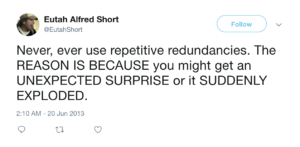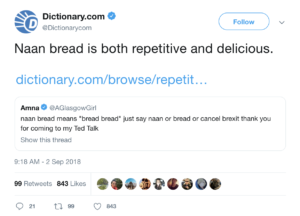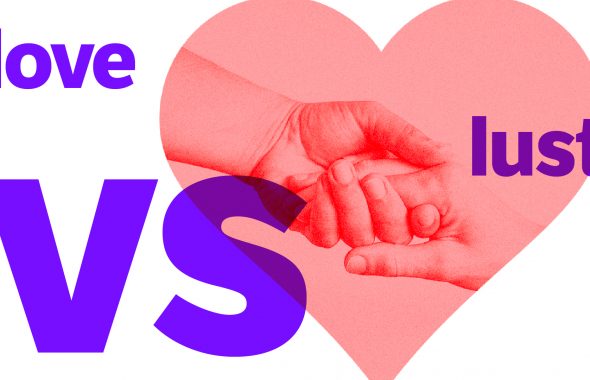We may complain about our parents asking us the same questions over and over, but let’s face it: We are all guilty of repetition. Even some of our most everyday language is repetitive. Like close proximity. Proximity means, by definition, “nearness in place.” It’s close.
Now, we love words. We love language. We love how messy it all is. But, let’s face it, there’s a lot of hot air and Twitter rants out there these days, and our language could use a little cleaning up and clearing out. Here are 10 repetitive phrases we can stop wasting our breath on. The end result, er, the result is some much needed succinctness.



























